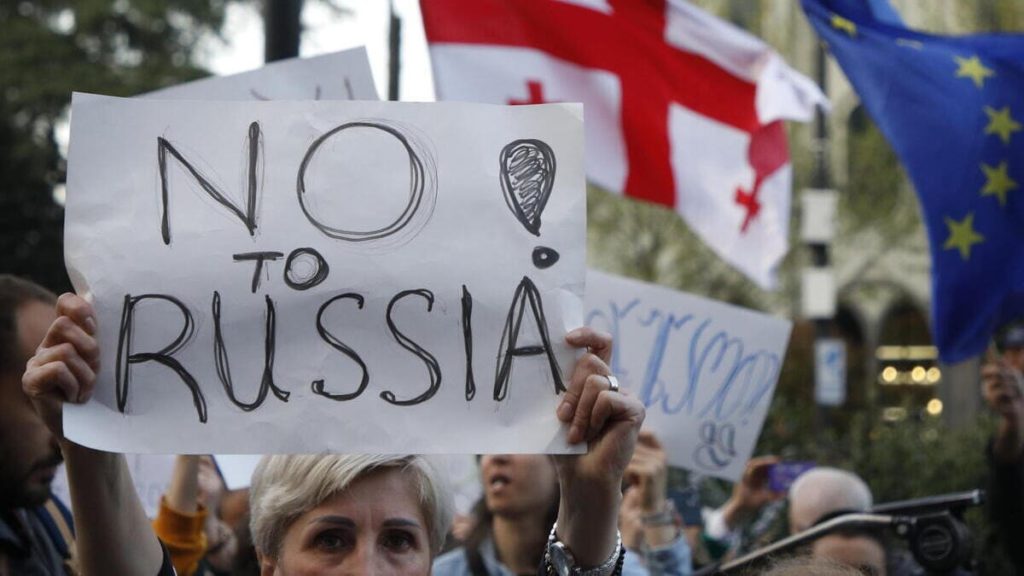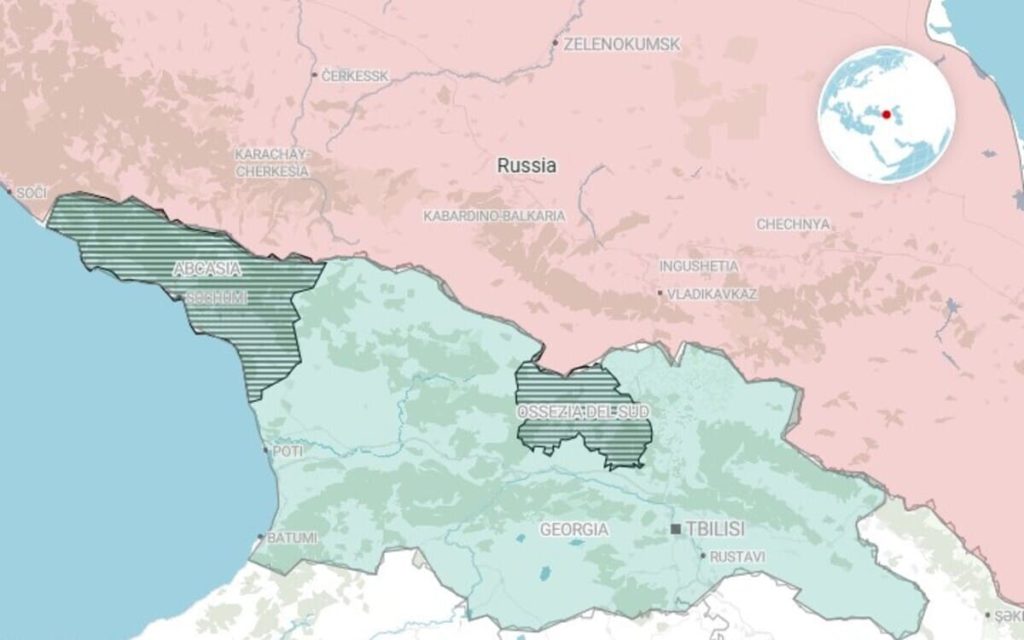In the current electoral contest in Georgia, the battle seems to boil down to Europe vs. Putin supporters. This is how the major European and American media present it. On one side, the Georgian Dream party, in power for 12 years, hopes for a new victory to align the country with Russia. On the other side, a coalition of opposition parties, allied with Brussels and Washington, aims to steer Georgia towards the European Union. It’s a black-and-white scenario, or is it?
However, the reality in the southern Caucasus state is more nuanced. The parties vying for the 150 seats in Parliament are more similar and often unreliable than portrayed in the media.
The Rise and Fall of Saakashvili
Georgian Dream, founded by billionaire Bidzina Ivanishvili, has been in power since 2012, when they defeated the United National Movement (UNM) of then-president Mikheil Saakashvili. Saakashvili led the rose revolution and governed Georgia from 2003 to 2012, implementing economic reforms and seeking closer ties with the West, including EU and NATO membership.
However, Saakashvili’s popularity waned due to his governance methods and failure to prevent the 2008 conflict with Russia. This paved the way for Ivanishvili’s Georgian Dream to take a pro-Russia stance while still advocating for EU and NATO integration.
Ivanishvili’s Ambitions
Ivanishvili’s party changed the constitution in 2018 to emphasize Georgia’s integration into the EU and NATO. Surveys indicate that over 80% of Georgians desire EU membership.

Challenges with the EU
Recent laws passed by the Georgian Parliament, including restrictions on media and LGBTQ rights, have strained relations with the EU, resulting in a suspension of integration processes and financial aid. Many Georgians are concerned about this standoff and fear further escalation.

Unpredictable Election Scenario
Opinion polls in Georgia are unreliable, fueling uncertainty about the election outcome. Partisan media reports only add to the confusion. Both the Georgian Dream and the opposition are making their cases, but the true sentiments of the electorate remain elusive.

Potential for Civil Unrest
With disillusionment rising and stark divisions in the political landscape, Georgia faces the risk of popular uprisings. Strengthening citizen participation and systemic reforms are seen as critical to navigate the challenges ahead.
Conclusion
As Georgia treads a delicate path between East and West, the election’s outcome carries significant implications for its future direction. The Georgian people are at a crossroads, grappling with competing interests, ideologies, and aspirations.



